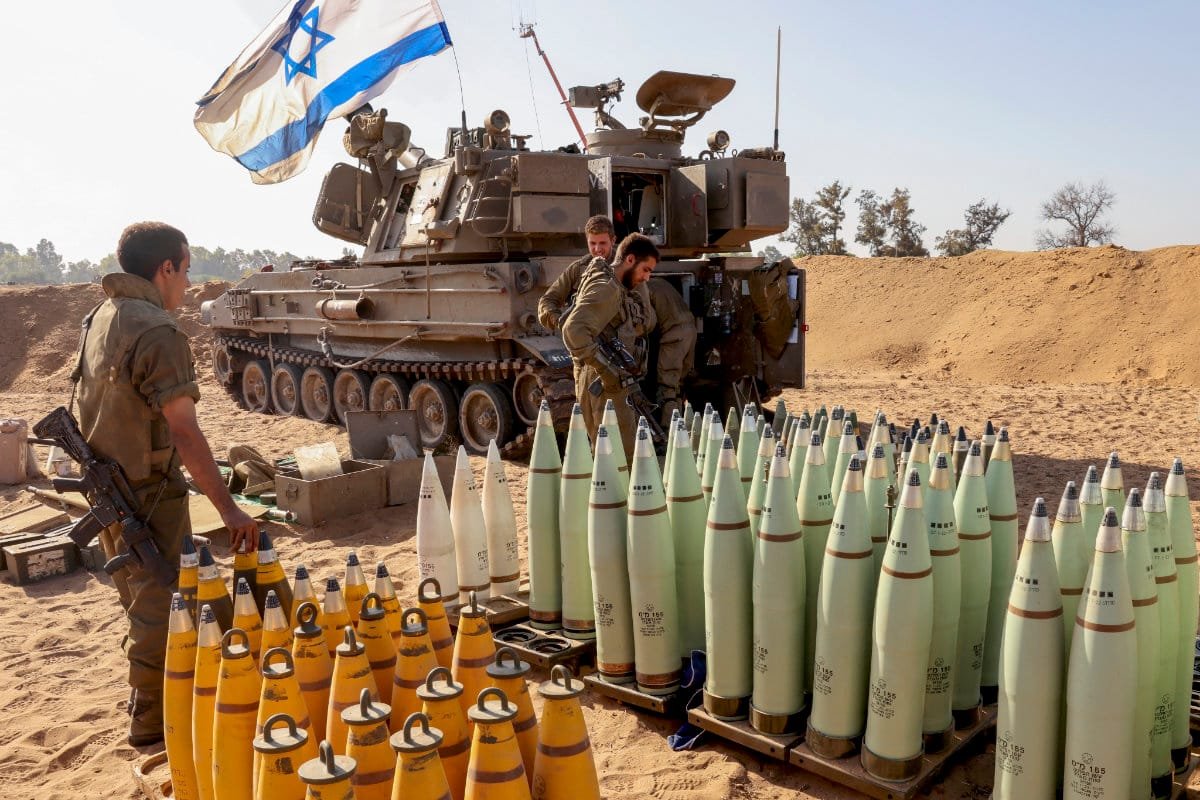British arms exports to Israel have surged to record monthly values in recent months, prompting scrutiny of UK export licensing practices and questions about how those exports align with commitments under international law.
Data drawn from Israeli customs records and UK export license statistics show that in June 2025, Israel received around £400,000 worth of munitions from the UK—the highest monthly total since January 2022, when those records began. September 2025 emerged as the second-highest month on record, with exports valued at over £310,000.
These figures come even though in September 2024 the UK government, under Foreign Secretary David Lammy, announced a partial suspension of arms export licences to Israel—specifically suspending 30 out of approximately 350 licences citing the risk of misuse in Gaza. The suspension, however, did not cover exports related to the multinational F-35 fighter jet programme, which continue under an exemption.
Analysis by advocacy groups indicates that since October 2023, thousands of military and controlled goods have been shipped from the UK to Israel, including items classified under categories such as “bombs, grenades, torpedoes, mines, missiles and similar munitions,” as well as parts for armoured fighting vehicles. The total of such shipments in recent months has stirred debate over the transparency of what is being exported, the end use of such exports, and the degree to which government assurances (such as claims that remaining licences are defensive in nature or for non-military use) hold up under scrutiny.
Official licensing data shows that the UK approved £127.6 million of military-goods export licences to Israel in the quarter from October to December 2024—more than the total for the years 2020-2023 combined. Critics argue government statements downplaying the significance of exports are undercut by these totals.
In responses, UK ministers have maintained that export licences are evaluated case by case against criteria including risk of violating humanitarian law, and that the majority of current licences are for non-lethal or civilian-purpose goods; the F-35 exemption is defended on grounds of national security and international alliance obligations.





